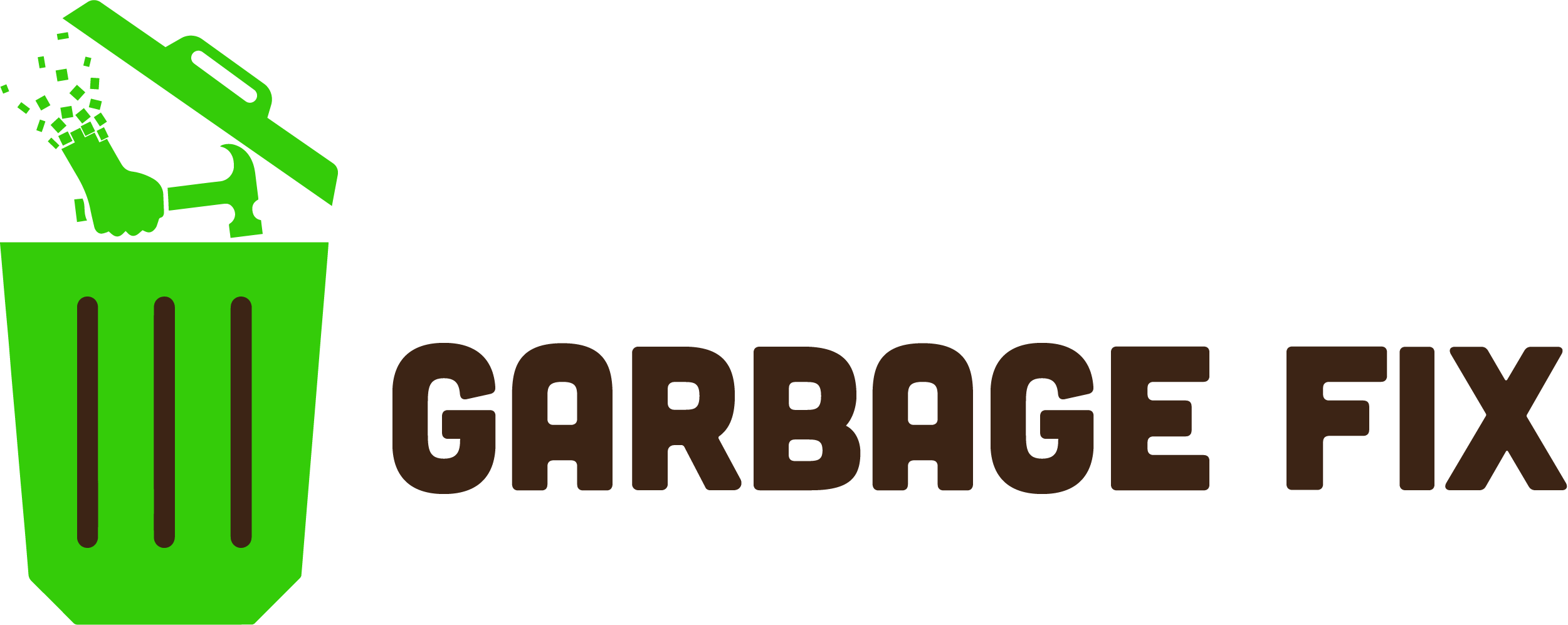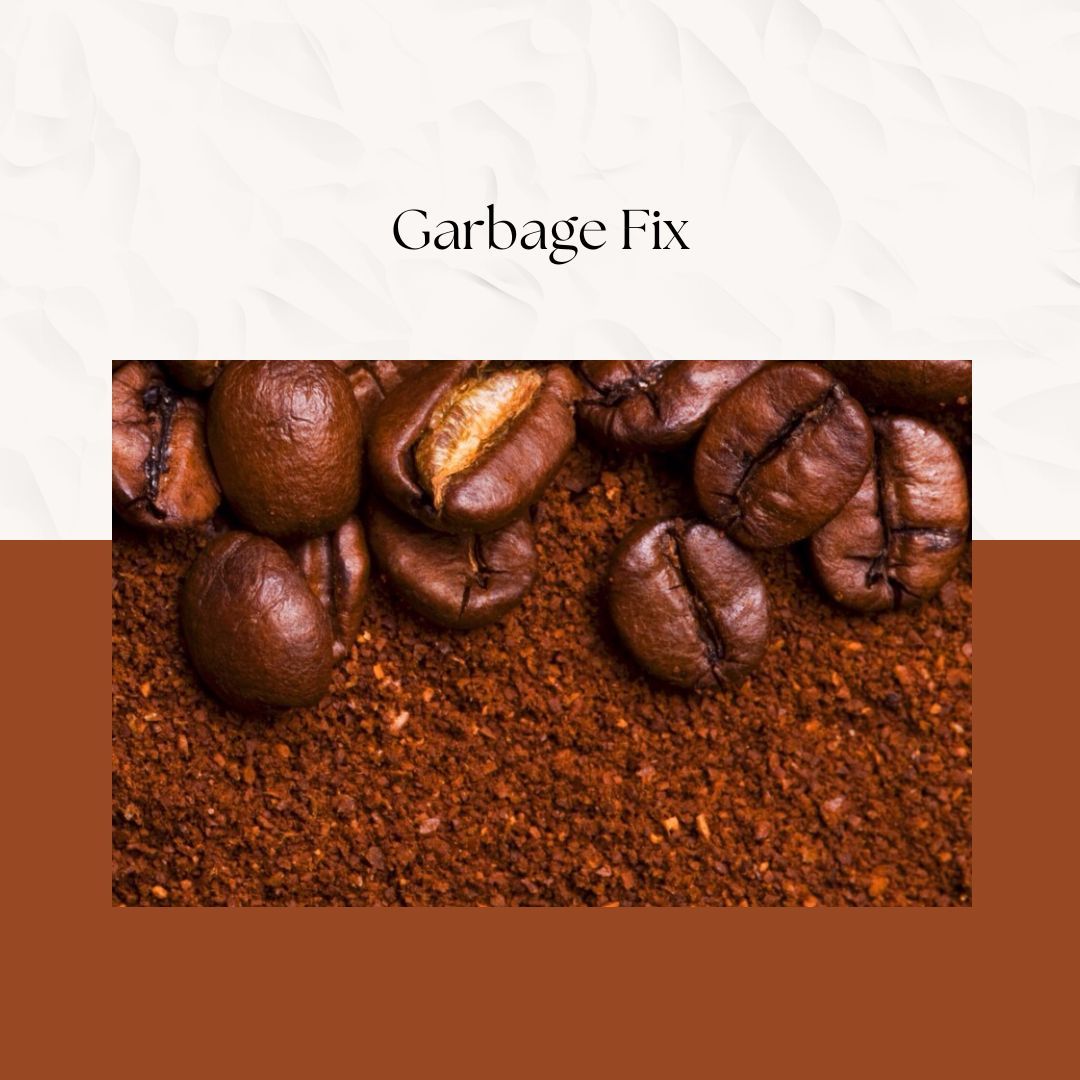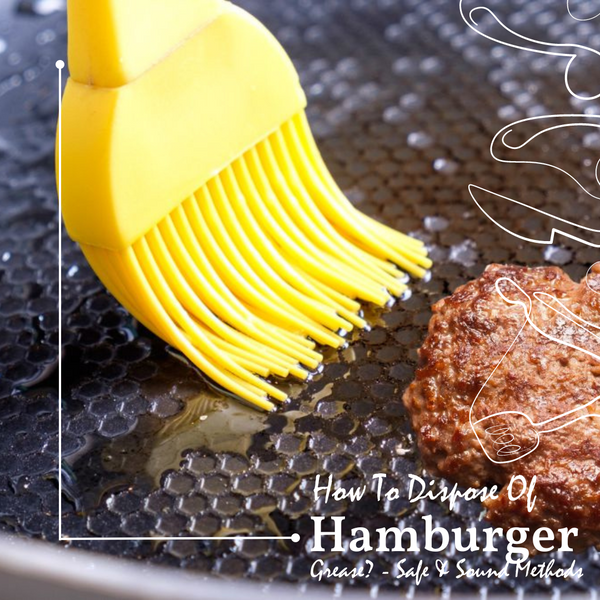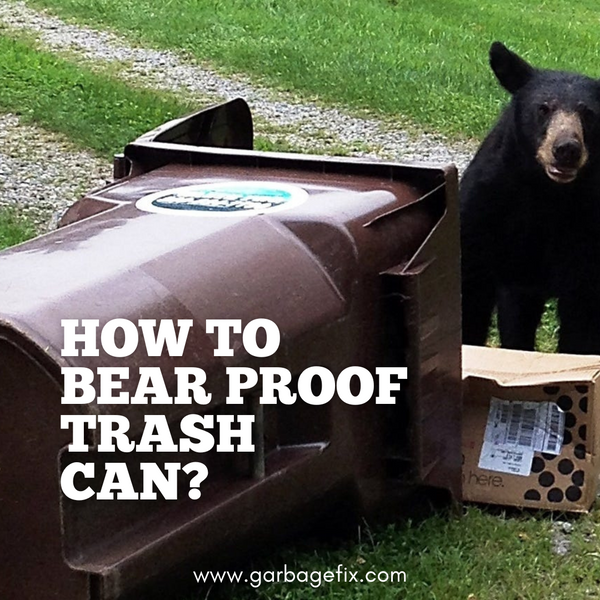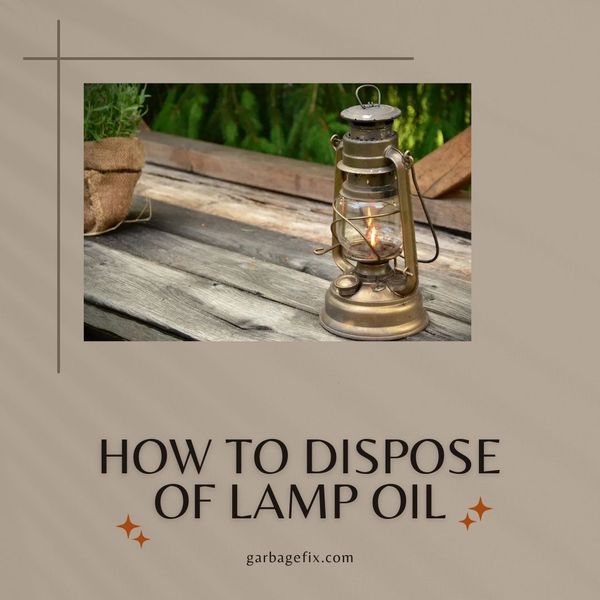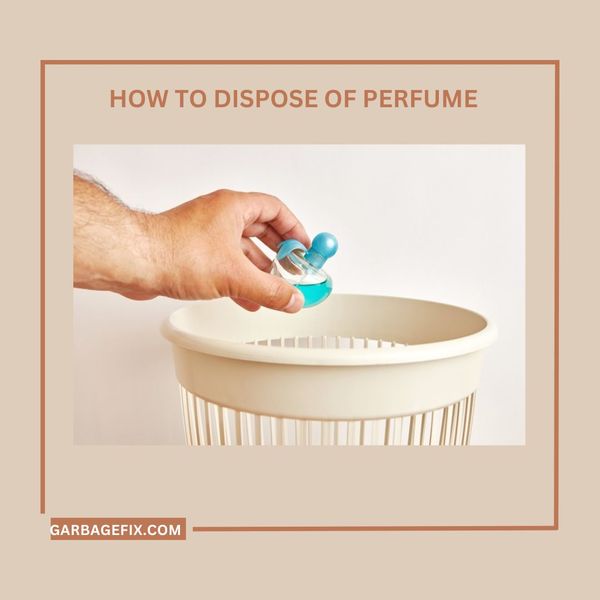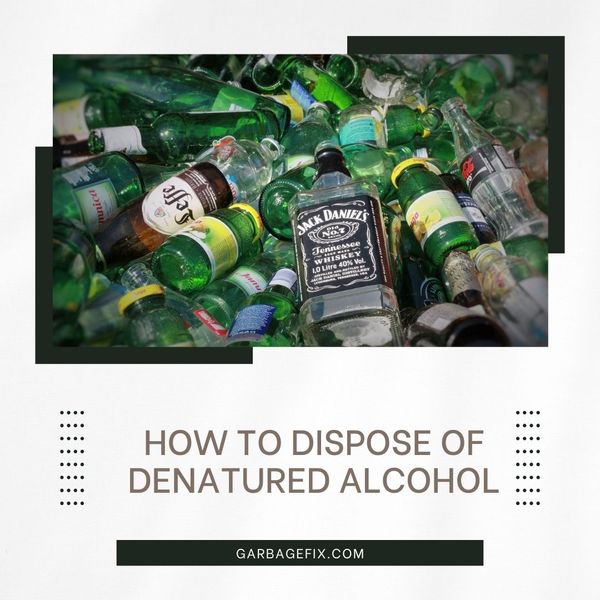However, this is not true since they can go through your kitchen sink without a problem. As long as you don't overuse them, there is no reason to worry about them harming your garbage disposals!
Coffee Grounds in Garbage Disposal
While using kitchen waste grinders has increased, they are more problematic and troublesome than they are worth. Coffee grounds are hard on the garbage disposal and your plumbing, wallet, and environment as well.
Coffee grinders can be a great way to save money by grinding your coffee beans at home instead of purchasing them pre-ground in bags or cans. But if you're not careful about what goes down the drain (or into your sink),
there's a good chance that these devices could backfire on you in unexpected ways—and one such way is through clogged drains caused by leftover grounds from one of these grinders.
The problem is that the grinders can sometimes leave behind small pieces of coffee grounds that get stuck in the drain. If your garbage disposal isn't working properly, this can cause a clog and prevent water from flowing through your pipes.
It's also possible for these grinders to develop leaks around their motors due to wear and tear over time—and if this occurs, unclogging drains may become even more difficult.
The Atlanta Journal-Constitution reports that while a few errant coffee grounds may be acceptable, too much might clog your pipes and have unpleasant effects.
Prevention- Can Coffee Grounds Go In The Garbage Disposal
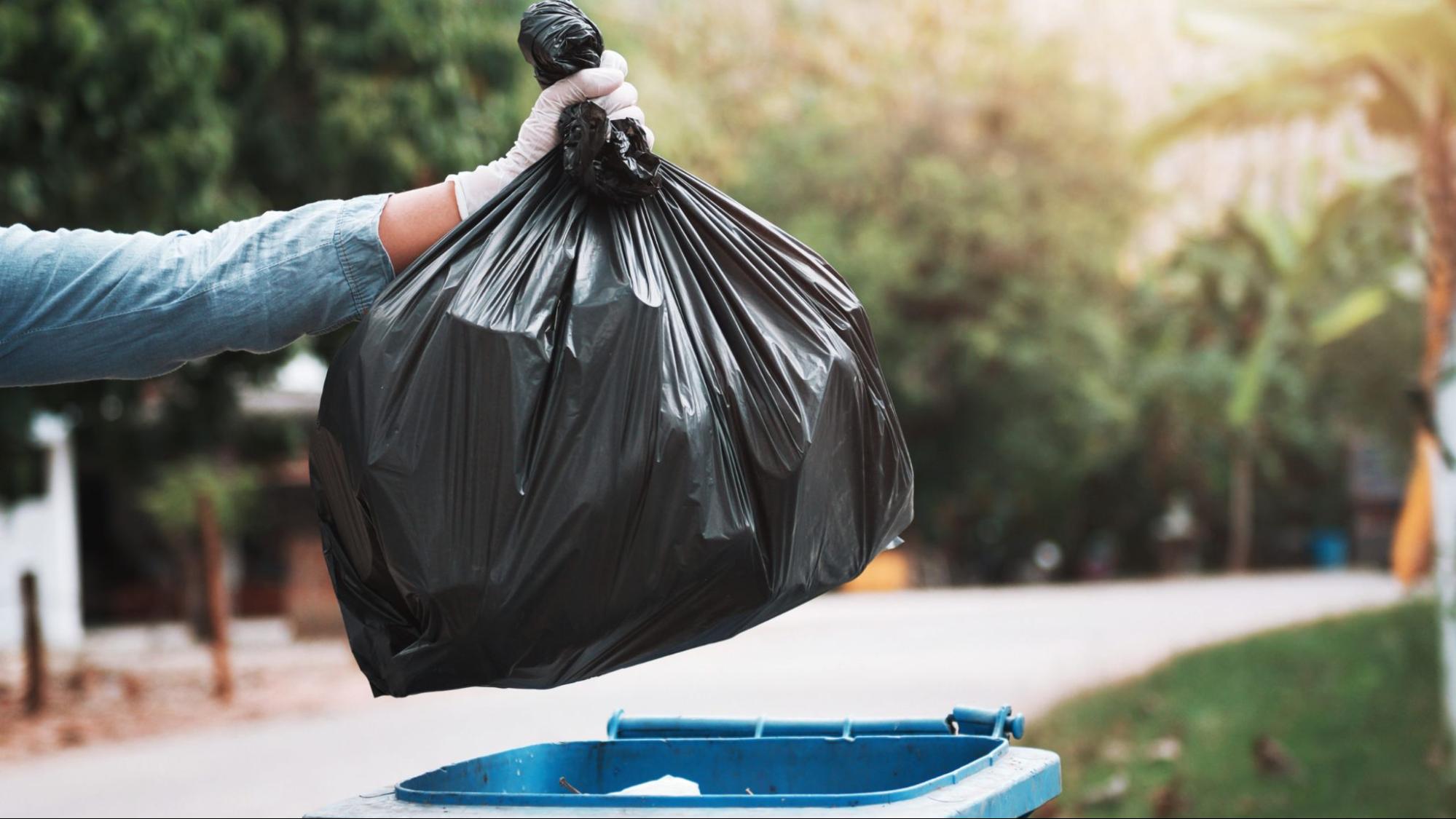
Here are a few ways to prevent this:
- Ensure that you thoroughly rinse the grinders before putting them away after each use. This will help wash away any coffee grounds that may have gotten stuck in the corners of the device's blades and other parts.
- Don't use coffee grinders over 10 years old (or if they've been dropped). They're simply not built to last forever, and it's better to invest in a new one sooner rather than later—especially if you plan on using your current one frequently. Some models can be repaired by professionals if they break down too often or require extensive maintenance, but this is often more expensive than buying a new one.
Many of us have been told that coffee grounds and eggshells should not be put into garbage disposals and are harmful to them. This is simply not true.
Coffee grounds are a suitable addition to your disposal since they help break down food waste in your sink faster than other types of debris, such as paper towels or peels from fruits or vegetables (which also contain non-nutritive matter).
Coffee grounds are even used in commercial wastewater treatment plants to help break down waste.
Egg shells are likewise a useful addition to your disposal since they help break down food waste in your sink faster than other types of debris, such as paper towels or peels from fruits or vegetables (which also contain non-nutritive matter).
Most consumers desire to do the right thing when disposing of coffee waste and eggshells. They do not want to put too much in at once or throw anything away that could be used for composting.
It is best to separate your waste into different bags before putting them in their respective bins: coffee grounds should go into one bin, egg shells into another, food scraps into another, etc. This way, you know what needs to be thrown away, so there will be no confusion when it comes time for your next cleaning cycle!
If you are not sure whether your waste is compostable or not, there is an easy way to find out. Simply check with your local government or waste management company. They will be able to tell you if certain items are accepted in your area and what bins they go into.
As mentioned above, coffee grounds and eggshells are two of the most common items people use for composting. Both can be placed directly into your compost bin or bucket without preparation.
However, you will want to ensure that no chemicals have been used on either item before adding them to your compost pile.
Nowadays, most garbage disposals available on the market can deal with small quantities of coffee grounds without any issues.
Nevertheless, if you do locate yourself having to utilize a lot of coffee grounds at one time, it's adequate not to put too much at your disposal because this can cause problems such as clogging and even breaking down your plumbing.
The best way to avoid this is by using a separate container and pouring the grounds before putting them down your drain. This will allow you to deal with your coffee grounds at once, rather than having to put them at your disposal one at a time.
If you have to use a lot of coffee grounds at one time, it's best not to put too much at your disposal because this can cause problems such as clogging and even breaking down your plumbing.
The best way to avoid this is by using a separate container and pouring the grounds before putting them down your drain. This will allow you to deal with your coffee grounds at once, rather than having to put them at your disposal one at a time.
In reality, you can throw your coffee grounds in the garbage disposal, but remember that it's important not to overuse them
Coffee grounds should be a small part of your daily routine and not something used daily. If you have too many coffee grounds in your drains, they could clog up your pipes and cause problems for other parts of your plumbing system.
If you have a garbage disposal, the best way to dispose of coffee grounds is by putting them in the trash. If you don't have a garbage disposal, it's most suitable to use the composting method.
This involves adding your coffee grounds to your compost pile or garden soil and letting them rot naturally over time.
Conclusion
Can coffee grounds go in the garbage disposal? You can find detailed answers to this subject across the blog, but in brief, coffee grounds are not harmful to your garbage disposal, though overloading them may cause damage.
Over time, this can lead to clogged pipes and other problems. If you're still concerned about using coffee grounds in your garbage disposal, we recommend that you contact a professional plumber before trying anything yourself.
